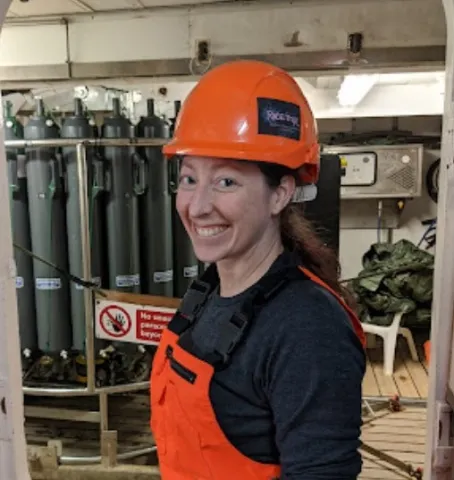About the project
Investigating abundance, sources and fate of plastic contamination in the Southern Ocean.
This project seeks to understand the source, fate and impacts of microplastics to the Southern Ocean. Using water samples and sediment cores collected in the Southern Ocean (Pacific and Atlantic sectors including the northern Antarctic Peninsula), you will explore how microplastics are supplied to the study region. Your project will consider how microplastics disperse into the ocean interior and accumulate at the seabed in relation to local physics (e.g. water-masses properties and movement), biogeochemistry (e.g. surface productivity, downward particle flux), and sediment characteristics. The samples from different locations and ocean compartments will allow you to investigate the extent to which the Antarctic Circumpolar Current is a barrier to microplastics in the Southern Ocean. This project will allow you to improve our understanding of the processes supplying plastics to the Antarctic region and governing their fate therein. This is crucial for our understanding of the risks these contaminants pose to the unique Antarctic ecosystem.
For your research, you will use cutting-edge laboratory and analytical techniques, including infrared spectral imaging, elemental and isotope analyses. Building on the existing methods for sampling and analyses will be encouraged. You will have opportunities to participate in research expeditions and to collect additional samples from similar/contrasting ocean regions. Additionally, you will have access to ancillary data from different observation platforms (e.g. satellites, sensors) to interpret your findings, providing regional and global context for the supply and distribution of microplastics in the global ocean.
Supervisory team
The supervisory team includes supervisors from several organisations. Please contact the Lead Supervisor for more information about the team.
Training
The INSPIRE DTP programme provides comprehensive personal and professional development training alongside extensive opportunities for students to expand their multi-disciplinary outlook through interactions with a wide network of academic, research and industrial/policy partners. The student will be registered at the University of Southampton and hosted at the National Oceanography Centre.
The student will learn to read and critically evaluate published research in a field and identify gaps and problems. They will learn to identify the approaches in which these issues/gaps can be addressed and how to implement them in a blend of observations, sample collection and laboratory work. The student will learn to analyse the data, interpret the results and present their finding through scientific writing (thesis, peer-reviewed publications) and presentations to fellow researchers and wider community.
Specific training will include:
- infrared spectroscopic imaging for plastic detection and characterisation
- infrared spectral data processing and interpretation; image processing and analysis
- elemental analyses for biogeochemical and isotope characterisation of particulate matter
- field sampling and experimental design
- method development and/or optimisation
- statistical analysis, data acquisition and evaluation techniques
